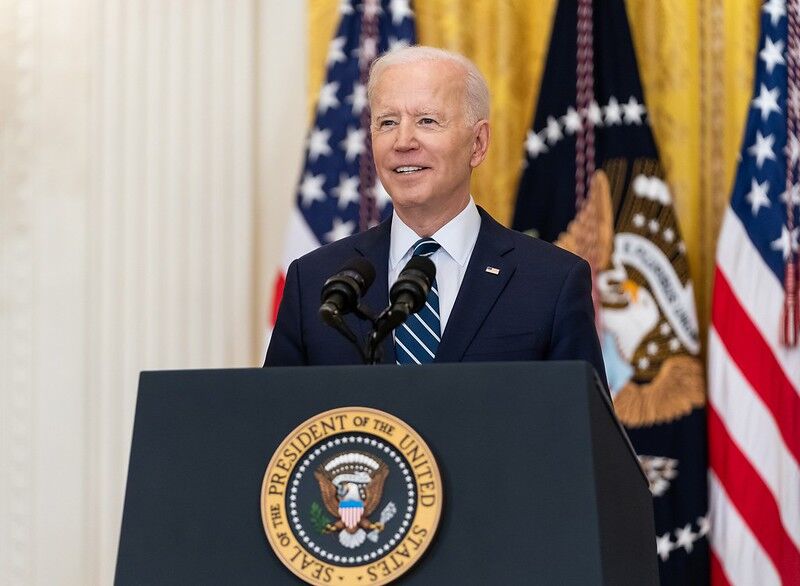Editorial: The United States, Iran and mutually assured destruction
There is no bi-partisan response to the increase of immigration at the U.S. southern border. There are only Republican or Democratic responses.
September 27, 2021
Editor’s Note: Editorials are representative of the views of all Editorial Board members. One or two members will compile these views and write an editorial.
Can you bully a bully into no longer being a bully? It may seem like a silly question to ask, but in a lot of ways, it is an accurate depiction of U.S. foreign policy against enemy states with which we are not actively engaged in a war.
Can the United States force Iran to bend to our desires and refrain from developing a nuclear weapon, or will Iran continue to endure the harsh economic sanctions that the U.S. has imposed in exchange for an unbridled nuclear program?
Do we even care?
The Joint Comprehensive Plan of Action, as it was called, provided Iran economic relief from sanctions in exchange for limiting its nuclear enrichment program in a number of ways. The U.S. withdrew from the agreement in 2018, and Iran resumed development of its nuclear weapons. Now, Biden is seeking to resume the deal, but Iran is not.
And why would they?
Iran has learned to live with the pain and suffering that economic sanctions bring, and they’ve benefited from the work they’ve done in the meantime enriching more uranium. Iran has created bargaining power from little to nothing, and they’ve forced the U.S. to reevaluate the risks and rewards of dealing with a hostile country.
The United States originally withdrew from the agreement and imposed sanctions as a way of forcing Iran to meet stricter, more long term limits on nuclear development activities. Now, Iran is forcing the U.S. to come to the table with more lenient, short term limits. You could argue that puts the United States in a more difficult position than in 2018, but that oversimplifies the situation.
For starters, the Joint Comprehensive Plan of Action and the sanctions it lifts are not a zero sum game. The United States and Iran could both move either way from their current positions. The U.S. could impose even larger sanctions or military action and Iran could further amp up enrichment and development activities from their already elevated levels. Or they could both compromise and meet somewhere in the middle.
Furthermore, this agreement, or lack thereof, affects and will continue to affect far more than just the people of Iran and, to a much lesser extent, the United States. Israel, an important ally of the United States, would argue it has a lot to gain or lose should Iran successfully develop a nuclear weapon and methods of production.
The necessity of a deal also ignores that Iran still hasn’t developed a nuclear weapon. At the same time however, Iran has made great strides in their nuclear enrichment program while not constrained by the terms of the old deal.
And all of this ignores any discussion about the implications of Iran actually possessing a nuclear weapon.
But before you freak out about how obviously bad it would be for a country as hostile as Iran to have such a horrific weapon as an atomic bomb or nuclear cruise missile, actually consider what a nuclear attack would mean.
Mutually assured destruction prevents nuclear war. Economic sanctions and diplomatic agreements can alter a country’s circumstances, but they can only go so far as to prevent all out war. Mutually assured destruction ensures that no matter how far Iran progresses with its nuclear program, it cannot and will not launch a nuclear attack against anyone without paying the most severe consequences.
Whatever may come from the U.S. and Iran, whether it be a new nuclear deal or increased sanctions, we in the United States are safe from harm. The same may not be true for people in Israel or Iran, but they are not our government’s first priority.
The safety and security of those people in the Middle East should not be forgotten as the U.S. works to keep Iran from developing nuclear technologies, but the fear and risk associated with a “nuclear Iran” can often be overstated. We must remain alert to Iran’s actions, but we cannot live in fear of possibilities.

















